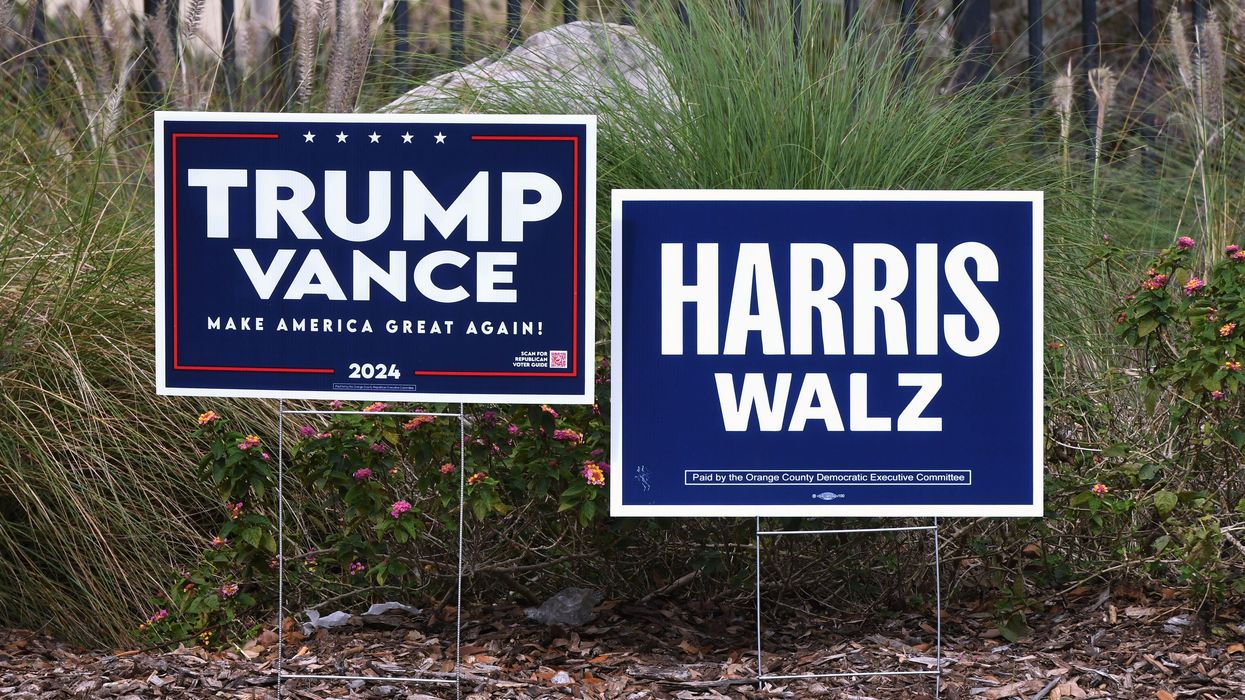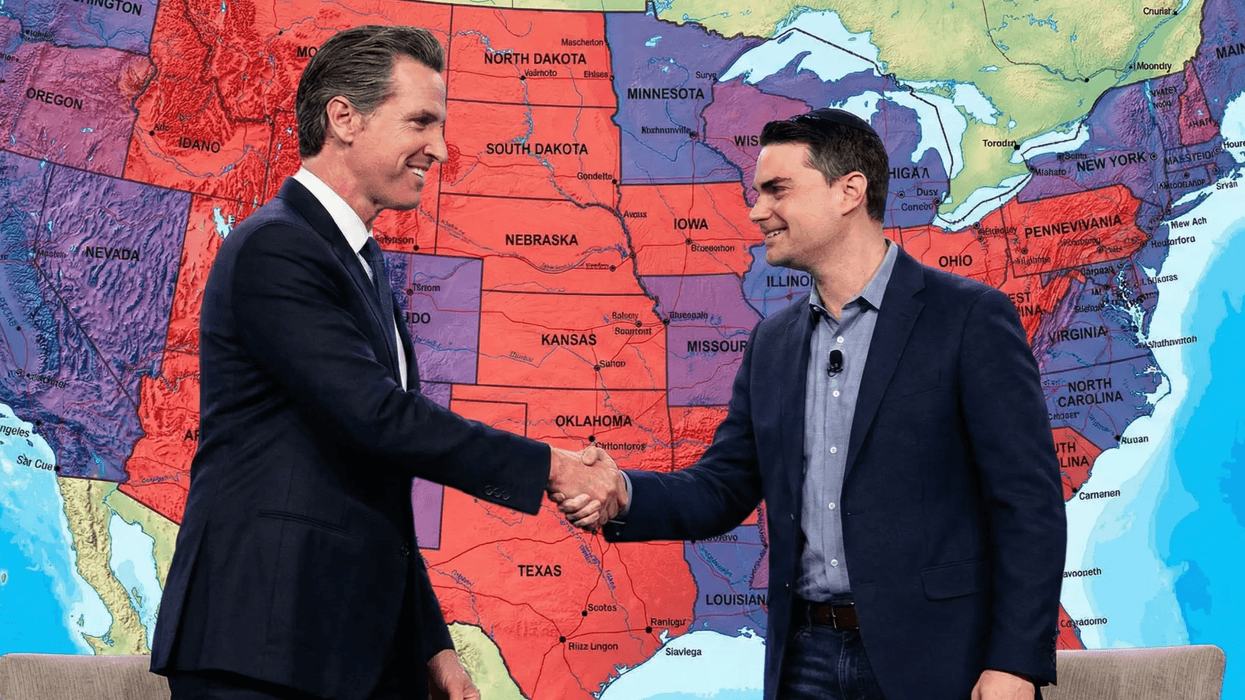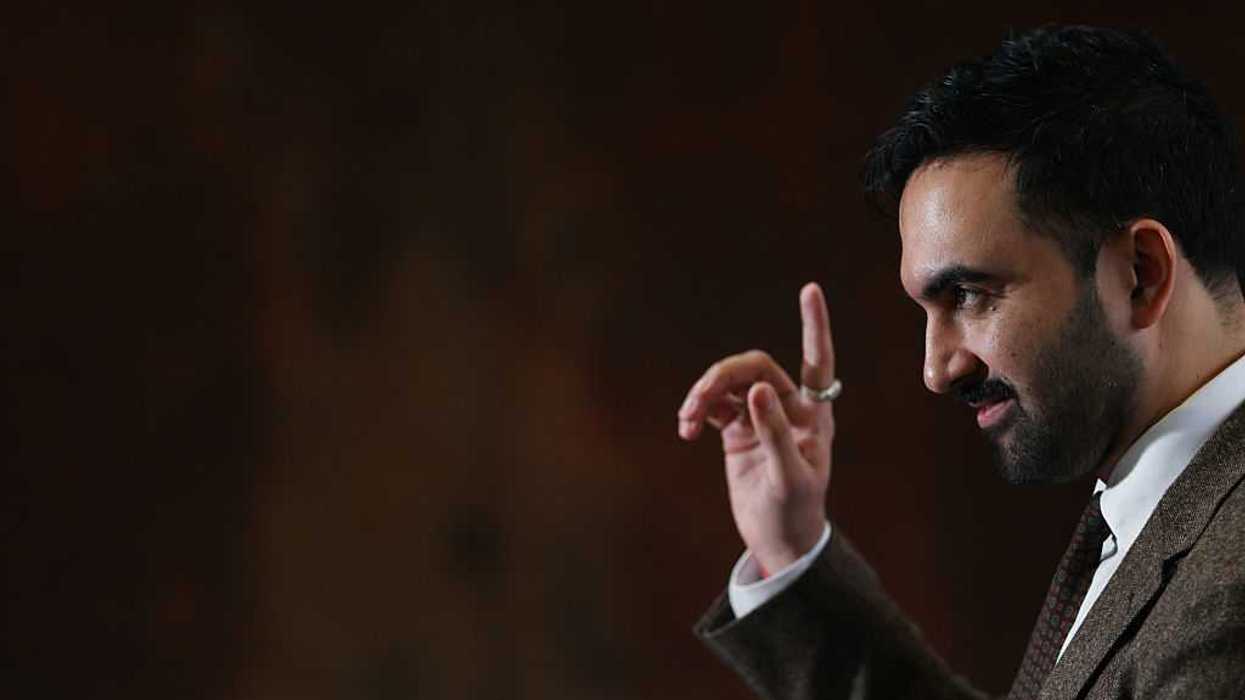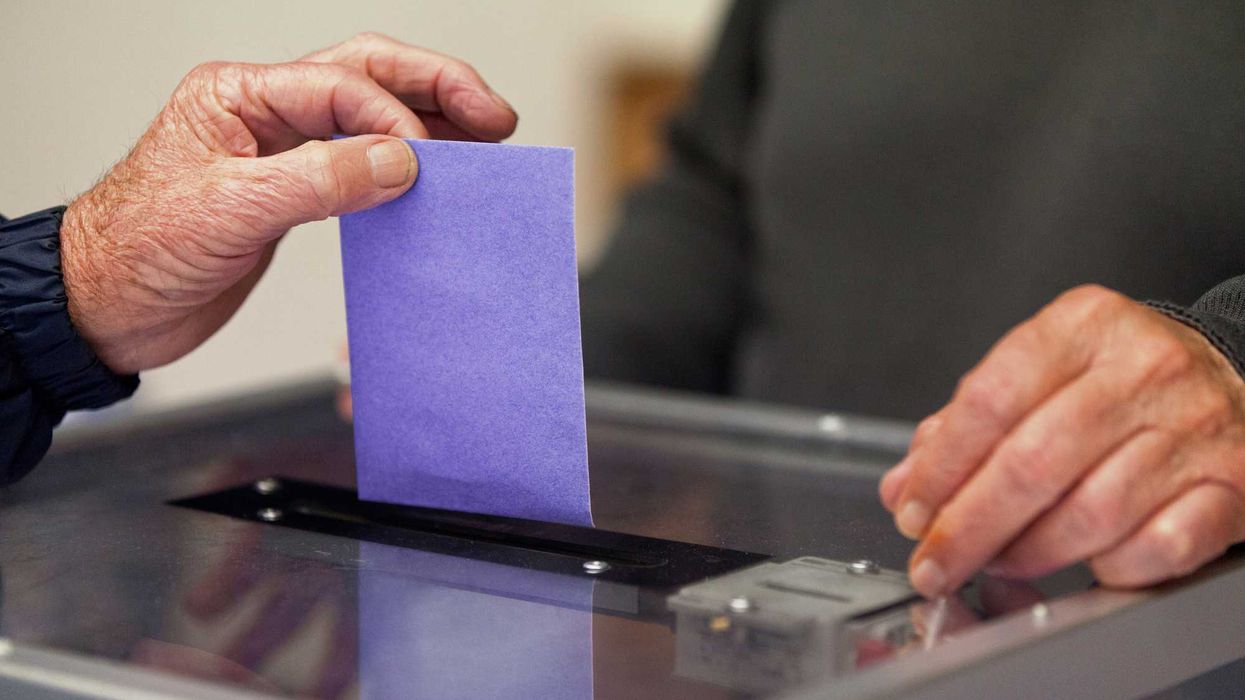Among elites across the ideological spectrum, there’s one point of unifying agreement: Americans are bitterly divided. What if that’s wrong? What if elites are the ones who are bitterly divided while most Americans are fairly unified?
History rarely lines up perfectly with the calendar (the “sixties” didn’t really start until the decade was almost over). But politically, the 21st century neatly began in 2000, when the election ended in a tie and the color coding of electoral maps became enshrined as a kind permanent tribal color war of “ red vs. blue.”
Elite understanding of politics has been stuck in this framework ever since. Politicians and voters have leaned into this alleged political reality, making it seem all the more real in the process. I loathe the phrase “perception is reality,” but in politics it has the reifying power of self-fulfilling prophecy.
Like rival noble families in medieval Europe, elites have been vying for power and dominance on the arrogant assumption that their subjects share their concern for who rules rather than what the rulers can deliver.
In 2018, the group More in Common published a massive report on the “ Hidden Tribes ” of American politics. The wealthiest and whitest groups were “Devoted Conservatives” (6%) and “Progressive Activists” (8%). These tribes dominate the media, the parties and higher education, and they dictate the competing narratives of red vs. blue, particularly on cable news and social media. Meanwhile the overwhelming majority of Americans resided in, or were adjacent to, the “exhausted majority.”
These people, however, “have no narrative,” as David Brooks wrote at the time. “They have no coherent philosophic worldview to organize their thinking and compel action.”
Lacking a narrative might seem like a very postmodern problem, but in a postmodern elite culture, postmodern problems are real problems.
It’s worth noting that Red vs. Blue America didn’t emerge ex nihilo. The 1990s were a time when the economy and government seemed to be working, at home and abroad. As a result, elites leaned into the narcissism of small differences to gain political and cultural advantage. They remain obsessed with competing, often apocalyptic, narratives.
That leaves out most Americans. The gladiatorial combatants of cable news, editorial pages and academia, and their superfan spectators, can afford these fights. Members of the exhausted majority are more interested in mere competence.
I think that’s the hidden unity elites are missing.
This is why we keep throwing incumbent parties out of power: they get elected promising competence but get derailed — or seduced — by fan service to, or trolling of, the elites who dominate the national conversation.
There’s a difference between competence and expertise. One of the most profound political changes in recent years has been the separation of notions of credentialed expertise from real world competence. This isn’t a new theme in American life, but the pandemic and the lurch toward identity politics amplified distrust of experts in unprecedented ways.
This is a particular problem for the left because it is far more invested in credentialism than the right. Indeed, some progressives are suddenly realizing they invested too much in the authority of experts and too little in the ability of experts to provide what people want from government, affordable housing, decent education, low crime, etc. The New York Times’ Ezra Klein says he’s tired of defending the authority of government institutions. Rather, “I want them to work.”
One of the reasons progressives find Trump so offensive is his absolute inability to speak the language of expertise — which is full of coded elite shibboleths. But Trump veritably shouts the language of competence.
I don’t mean he is actually competent at governing. But he is effectively blunt about calling leaders, experts and elites — of both parties — stupid, ineffective, weak and incompetent. He lost in 2020 because voters didn’t believe he was actually good at governing. He won in 2024 because the exhausted majority concluded the Biden administration was bad at it. Nostalgia for the low-inflation pre-pandemic economy was enough to convince voters that Trumpian drama is the tolerable price to pay for a good economy. Three out of four Americans who experienced “severe hardship” because of inflation voted for Trump.
The genius of Trump’s most effective ad — “Kamala is for they/them, President Trump is for you” — was that it was simultaneously culture war red meat and an argument that Harris was more concerned about boutique elite concerns than everyday ones.
If Trump can actually deliver competent government, he could make the Republican Party the majority party for a generation. For myriad reasons, that’s an if so big it’s visible from space. But the opportunity is there — and has been there all along.
Goldberg is editor-in-chief of The Dispatch and the host of The Remnant podcast. His Twitter handle is @JonahDispatch.
©2024 Tribune Content Agency, LLC.



















